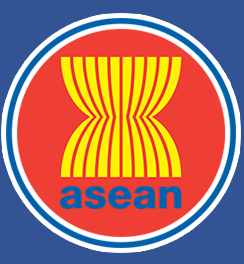ASEAN Journal on Science and Technology for Development
Abstract
The COVID-19 pandemic has significantly impacted organizations, underscoring the critical role of financial factors in determining performance. Maintaining a healthy financial stance during crises necessitates effective risk management, prompting the exploration of a Risk Management Committee (RMC) as a focal point for addressing risk issues and managing internal controls. A study spanning 2017 to 2021 assessed 11 listed companies in the Telecommunication and Media Sector, revealing that a combined RMC did not enhance financial performance, indicating its ineffectiveness during the crisis. The study advocates for a separate risk management committee due to the audit committee’s limitations in performing both functions. Meanwhile, the analysis demonstrated that higher free cash flows significantly improved firm performances, contradicting Agency theory. Aligning with current global objectives, the study highlights its relevance to Sustainable Development Goals (SDGs). The recommendation for a separate Risk Management Committee aligns with SDG 9 (Industry, Innovation, and Infrastructure), emphasizing resilient and sustainable business practices. A positive relationship between free cash flows and company performance contributes to discussions around SDG 8 (Decent Work and Economic Growth), offering new insights for enhancing economic resilience. Finally, this study provides a comprehensive understanding of risk management strategies during the COVID-19 pandemic, bridging financial considerations with sustainable development objectives. The call for a separate risk management committee and the unique findings on free cash flows contribute to scholarly discourse and hold implications for organizations aligning their operations with broader sustainability and resilience goals.
Keywords
Risk Management Committee, free cash flow, firm performance, COVID-19, panel data technique, Sustainable Development Goals (SDGs).
Publication Date
2024
Received Date
23-Oct-2023
Revised Date
2-Jan-2024
Accepted Date
28-Feb-2024
Recommended Citation
Rimin, Flicia; Beli, Siti Rahayu; Harbi, Anastasiah; Bujang, Imbarine; and Said, Jamaliah
(2024)
"FOSTERING CORPORATE RESILIENCE: ASSESSING RISK MANAGEMENT COMMITTEE EFFECTIVENESS IN MALAYSIA’S TELECOMMUNICATION AND MEDIA SECTOR PRE- AND DURING THE COVID-19,"
ASEAN Journal on Science and Technology for Development: Vol. 41:
No.
1, Article 10.
DOI: https://doi.org/10.61931/2224-9028.1571
Available at:
https://ajstd.ubd.edu.bn/journal/vol41/iss1/10

